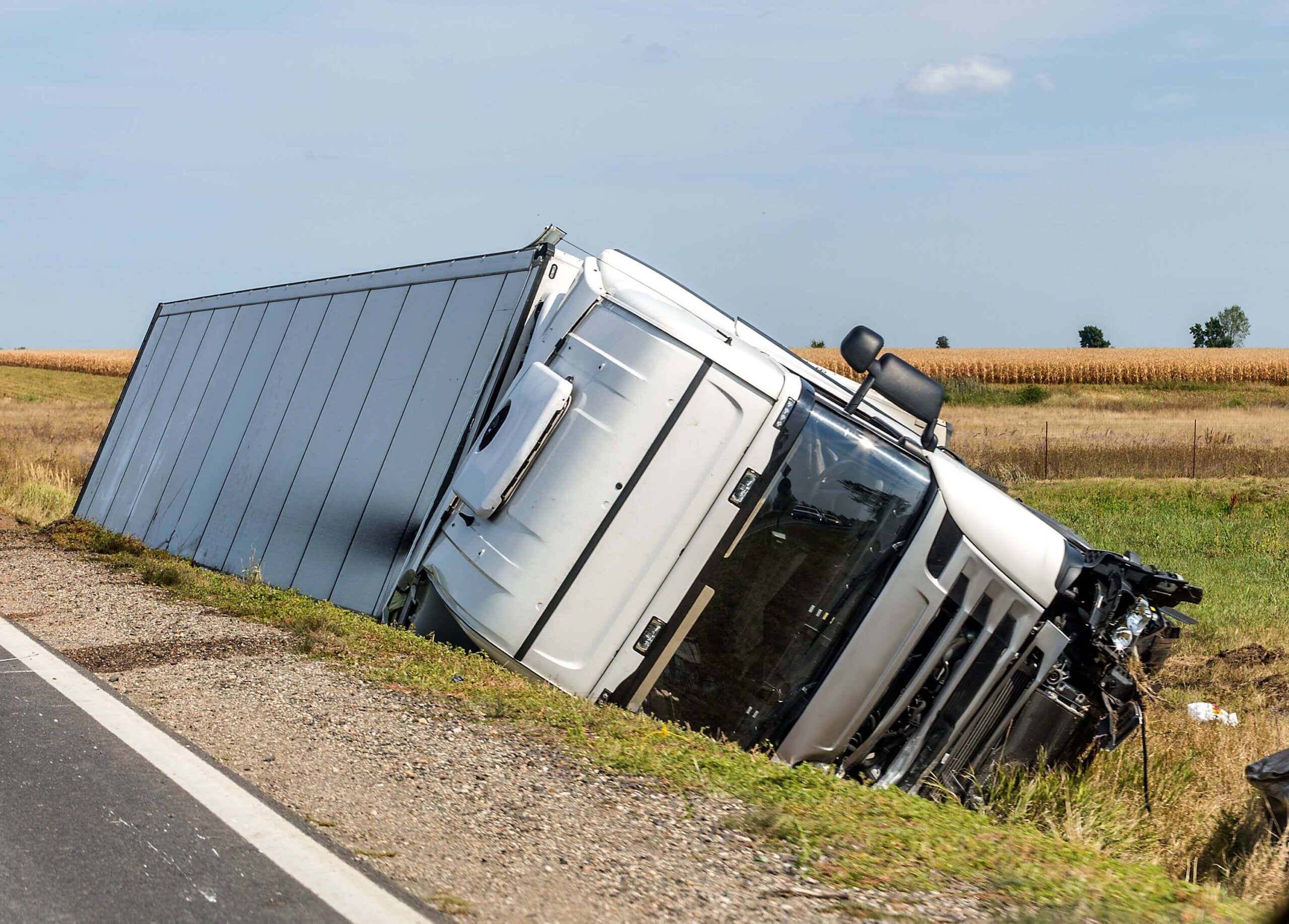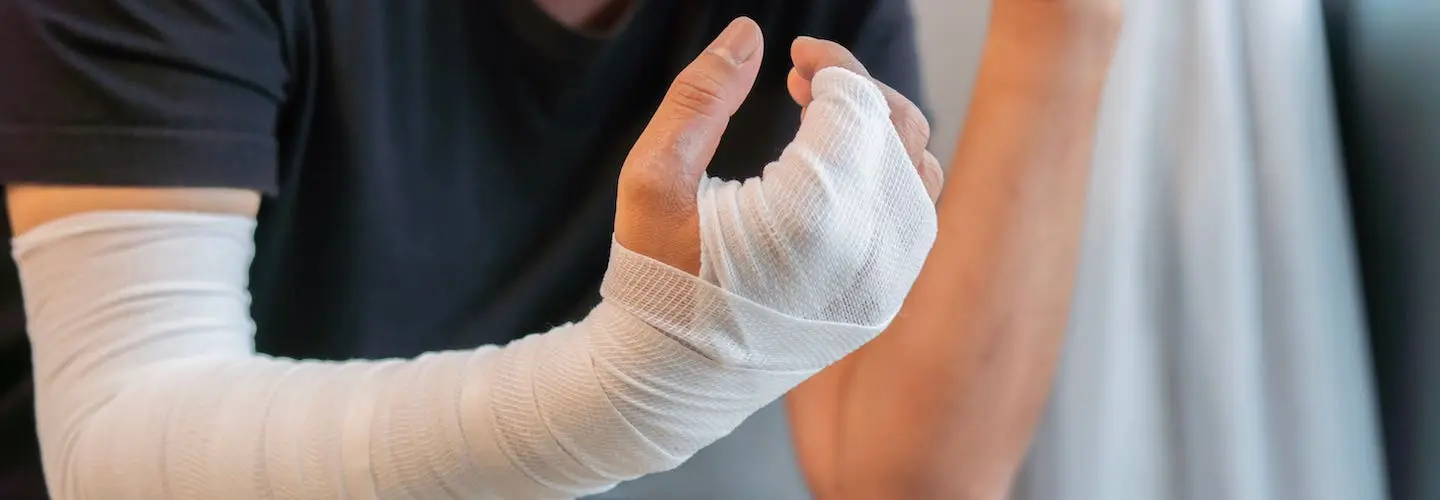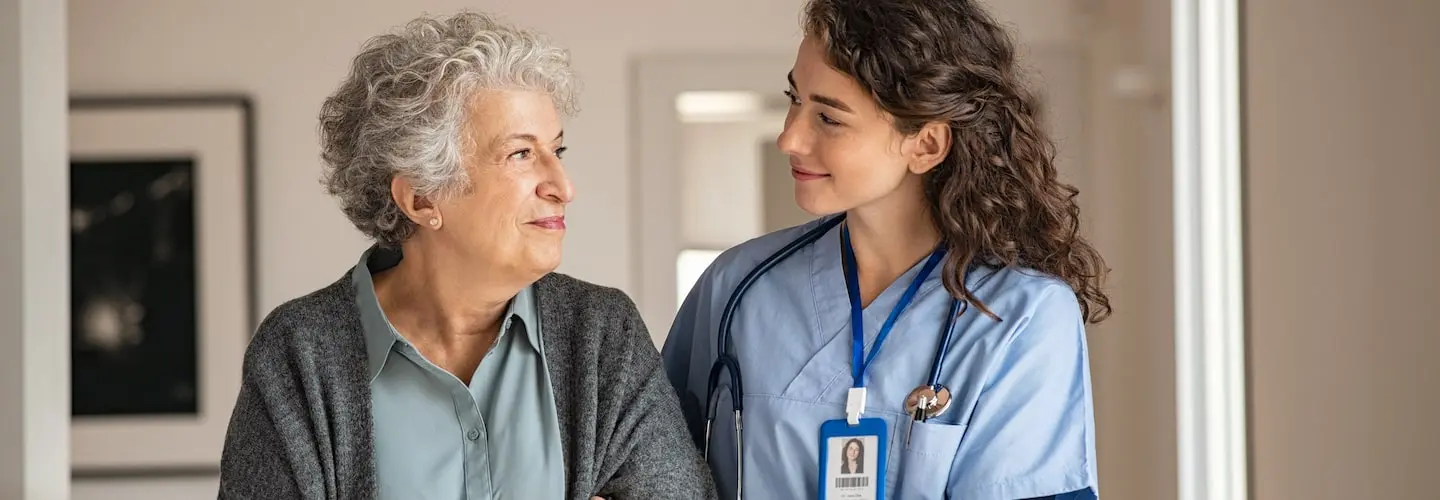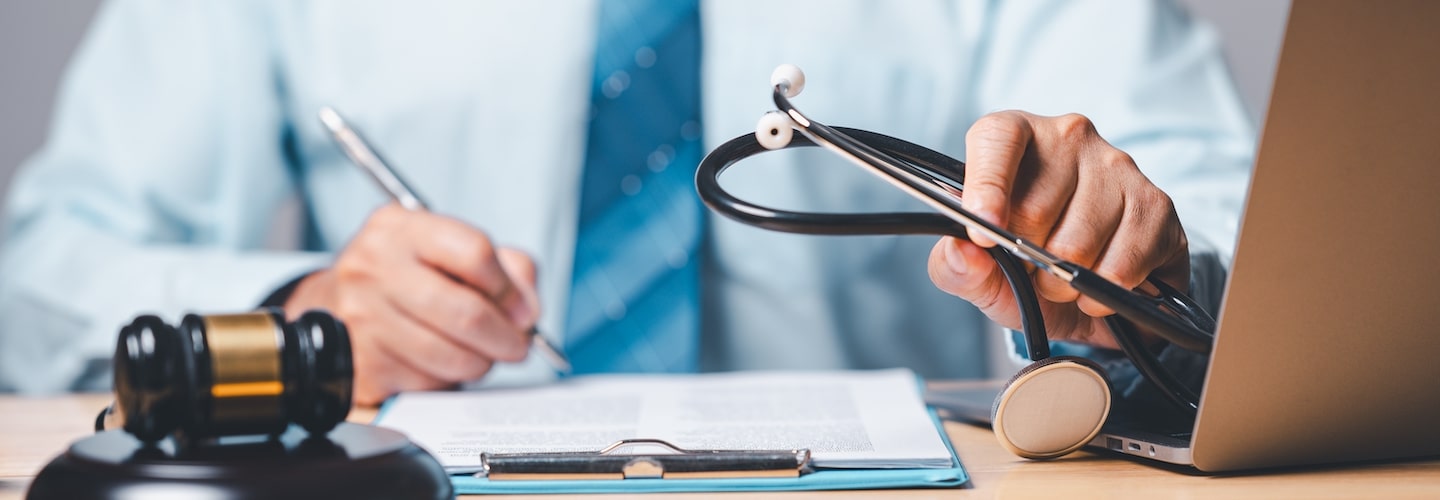You may often hear the terms slip, trip, and fall used interchangeably, but they describe different types of accidents. Understanding these distinctions is essential for addressing legal and safety concerns. Understanding the nuances of different incidents is crucial, as each can result in various injuries and legal consequences. Stay vigilant about potential hazards and take necessary steps if you or someone you care about sustains an injury.
What is a Slip?
A slip occurs when your foot loses traction with the ground, causing you to lose balance. Common causes of slip include:
- Wet floors: Spills, leaks, or freshly mopped areas create a slippery surface.
- Uneven surfaces: Watch out for transitions between different floor types, like carpet to tile or a recently waxed floor. These changes can catch your foot off guard.
- Debris: Food crumbs, scattered toys, or anything else on the ground can create a slick patch.
- Improper footwear: Smooth floors demand shoes with good tread. Sandals or worn shoes with minimal tread increase your risk of slipping.
For example, you might slip on a freshly mopped floor in a department store without warning signs or on a wet floor in a parking lot after rain. These accidents often result in injuries such as sprained ankles, broken bones, head injuries, neck injuries, hip injuries, spinal cord injuries, or traumatic brain injuries if your head strikes a hard surface.
Legally, slips fall under premises liability. Property owners must ensure their premises remain safe for visitors. If they fail to address hazards like wet floors or provide adequate warnings, they are liable for any injuries that occur. Victims of slip accidents have the right to seek compensation for medical bills, lost wages, and pain and suffering caused by the incident. Contact a slip-and-fall attorney for guidance.
What is a Trip?
A trip happens when you stumble due to an obstacle unexpectedly hitting your foot. Unlike a slip, the ground itself isn’t slippery; there’s something in your way. Watch out for these common tripping hazards:
- Uneven Surfaces: Cracked sidewalks, potholes, or changes in floor level can easily trip you up.
- Clutter on the Ground: Misplaced rugs, electrical cords snaking across walkways, or scattered toys can create a tripping hazard in an instant.
- Poor Lighting: Dim lighting makes it difficult to see obstacles ahead, increasing your risk of tripping.
- Defective Stairs: Worn or broken steps with uneven risers or missing handrails are a recipe for disaster.
If you trip and fall due to someone else’s negligence in maintaining a safe environment, you might have a legal case. This could involve situations where property owners fail to repair uneven surfaces, remove clutter, or provide adequate lighting.
What is a Fall?
A fall is the unwelcome consequence of either a slip or a trip. It’s the unplanned descent to the ground that can leave you injured. Falls can happen anywhere, but watch out for these risky situations where fall accidents occur:
- Icy sidewalks: Walking on ice is a recipe for a slip-and-fall accident.
- Uneven stairs: Stairs that are broken, uneven, or poorly lit significantly increase your risk of falling.
- Construction zones: Uneven surfaces, tripping hazards like exposed wires, and cluttered walkways are standard in construction areas.
- Reaching for high objects: Stretching on a tippy-toe or using a rickety chair to reach something high up is a significant fall risk.
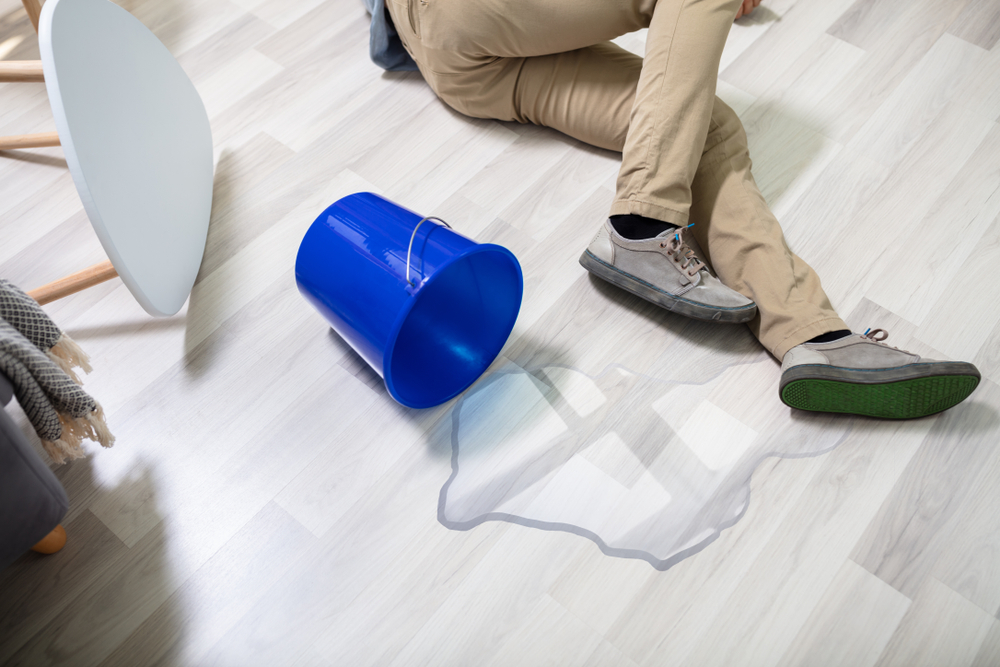
Prevention Tips
Falls due to negligence can have legal repercussions. If you suffer fall injuries because someone else fails to maintain a safe environment, you might have a case. Get in touch with a skilled fall injury lawyer when a fall accident occurs.
Slips, trips, and falls can happen in a flash, but luckily, there’s plenty you can do to prevent them. Here are some practical tips to keep yourself upright:
Be Aware of Your Surroundings: Pay attention to the walking surface. Watch for spills, uneven floors, or cluttered walkways. Dim lighting can make hazards harder to see, so proceed with caution in low-light areas.
Mind Your Footwear: Choose shoes with good tread for outdoor walking, especially during wet or icy weather. Avoid sandals or worn-out shoes that offer minimal traction. In workplaces, ensure your footwear meets any required safety standards.
Take it Slow: Rushing increases your risk of missing hazards. Walk at a moderate pace and avoid distractions like texting while walking. Use the handrail and take one step at a time, especially on unfamiliar or poorly lit staircases.
Lighten Your Load: Carrying too much can block your vision and hinder your balance. Use a backpack or delegate heavy items to others.
Clean-Up Spills: If you spill something, clean it up immediately or warn others of the hazard. The same goes for noticing spills in public places. Alert a staff member to avoid someone else taking a tumble.
Taking proactive steps ensures you and those around you stay safe from these common but preventable incidents.
How Gerber Law Can Help
Gerber Law offers dedicated legal services for personal injury cases, focusing on slip, trip, and fall accidents. We handle your case with precision and care. Our firm excels in personal injury law, focusing on securing fair compensation for our clients. We are committed to protecting your rights and advocating for your best interests.
We begin by thoroughly assessing your situation and gathering essential evidence, such as witness statements and medical records. Our experienced attorneys then negotiate with insurance companies and, if needed, litigate in court to achieve optimal results for you. Our success stories and client testimonials demonstrate our track record of achieving substantial settlements for slip, trip, and fall victims. We strive to effectively cover your medical expenses, lost wages, and pain and suffering.
Conclusion
Understanding the differences between slip, trip, and fall incidents is crucial for your safety and legal rights. Whether you’ve experienced an injury or want to prevent one, knowing the causes and legal implications empowers you. If you’ve been injured due to negligence, seek legal assistance promptly. A skilled slip-and-fall lawyer can help navigate the complexities of personal injury law, ensuring you receive the compensation you deserve for medical expenses, lost wages, and more.
Contact Gerber Law for a free consultation today. Our experienced personal injury attorneys are here to fight for you.


